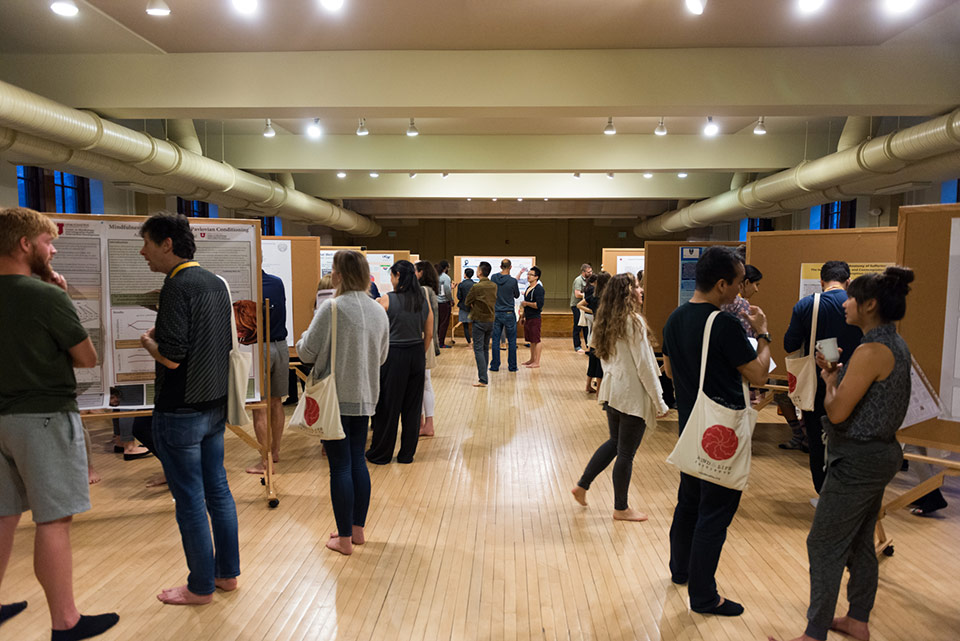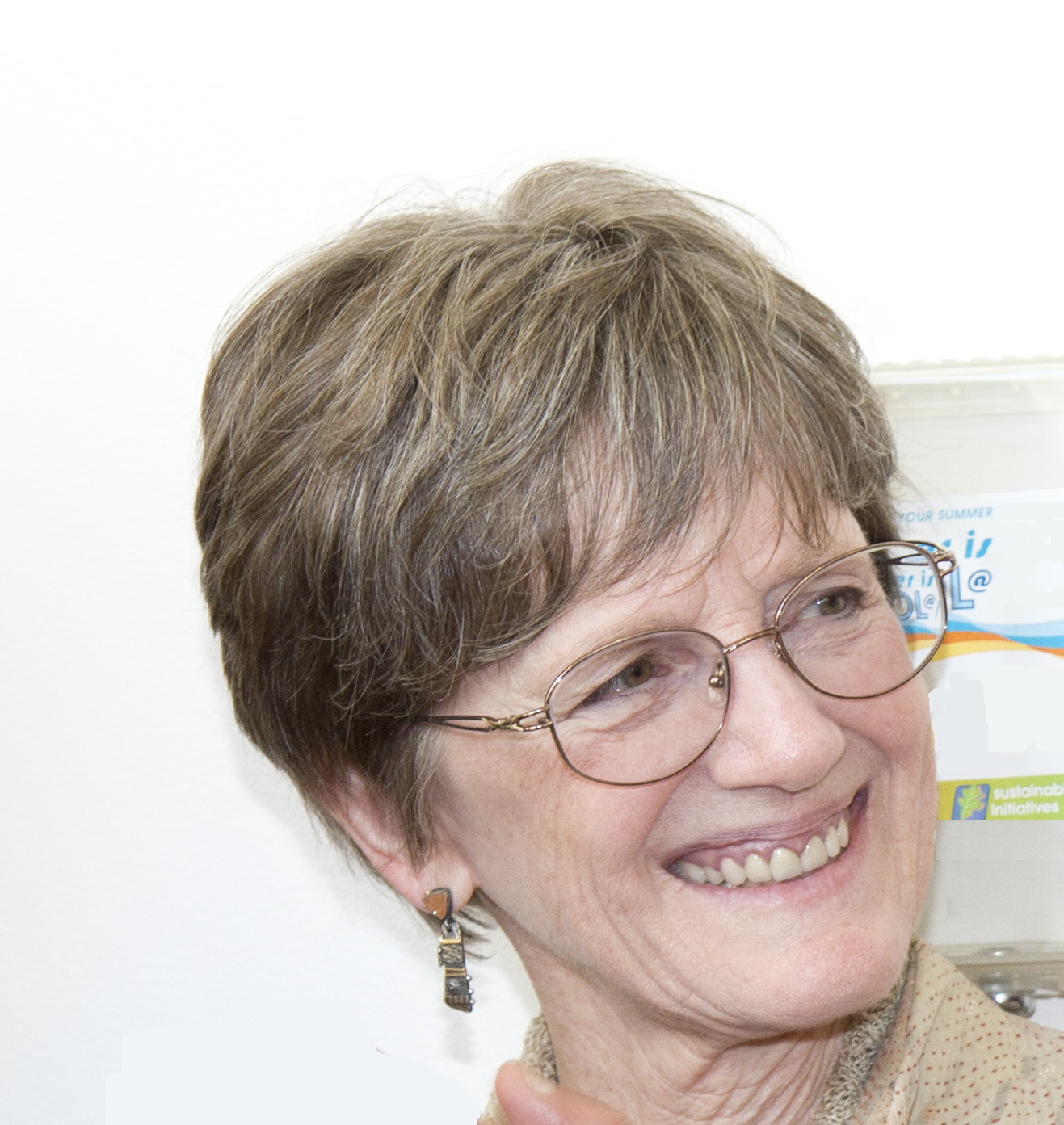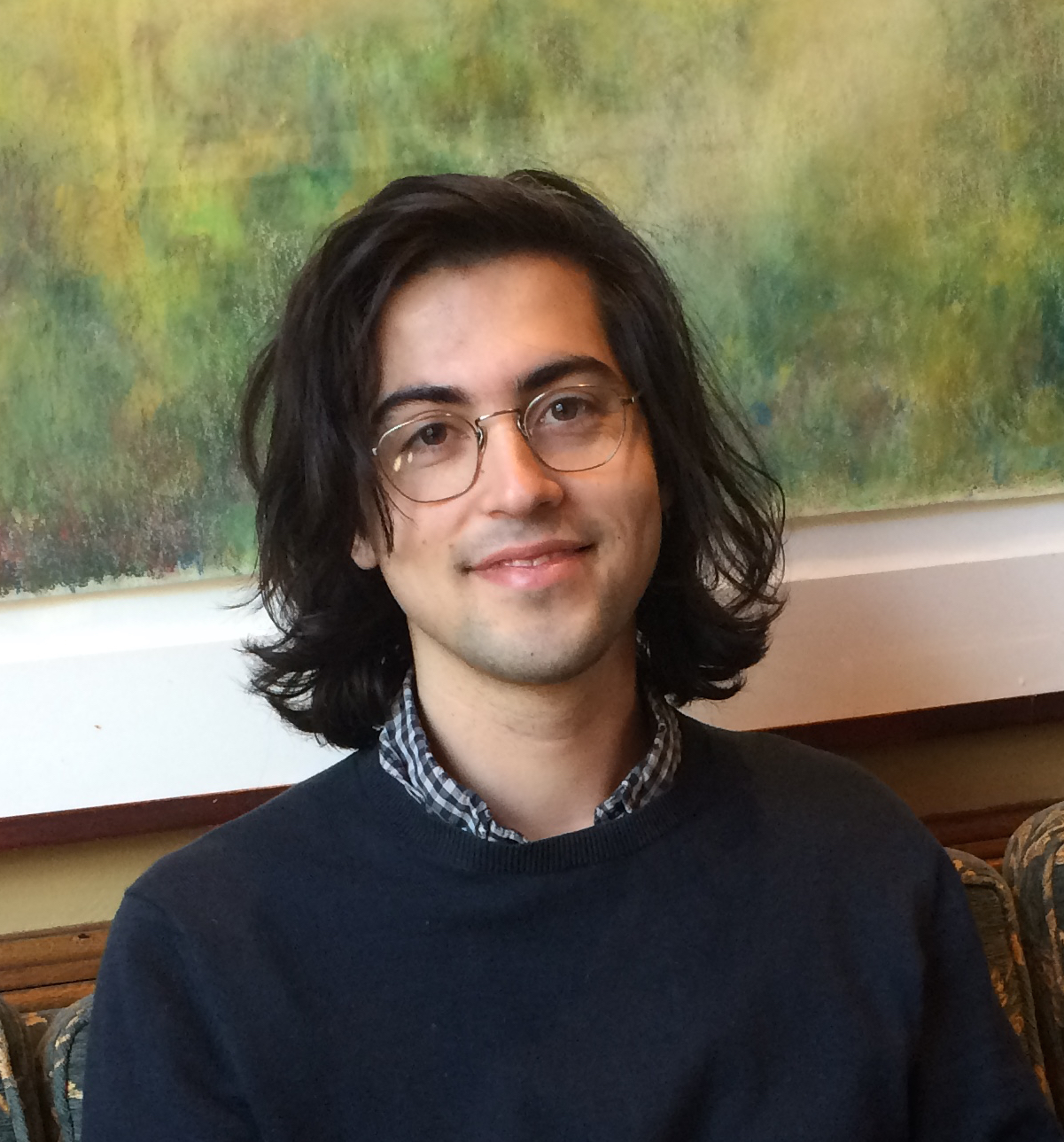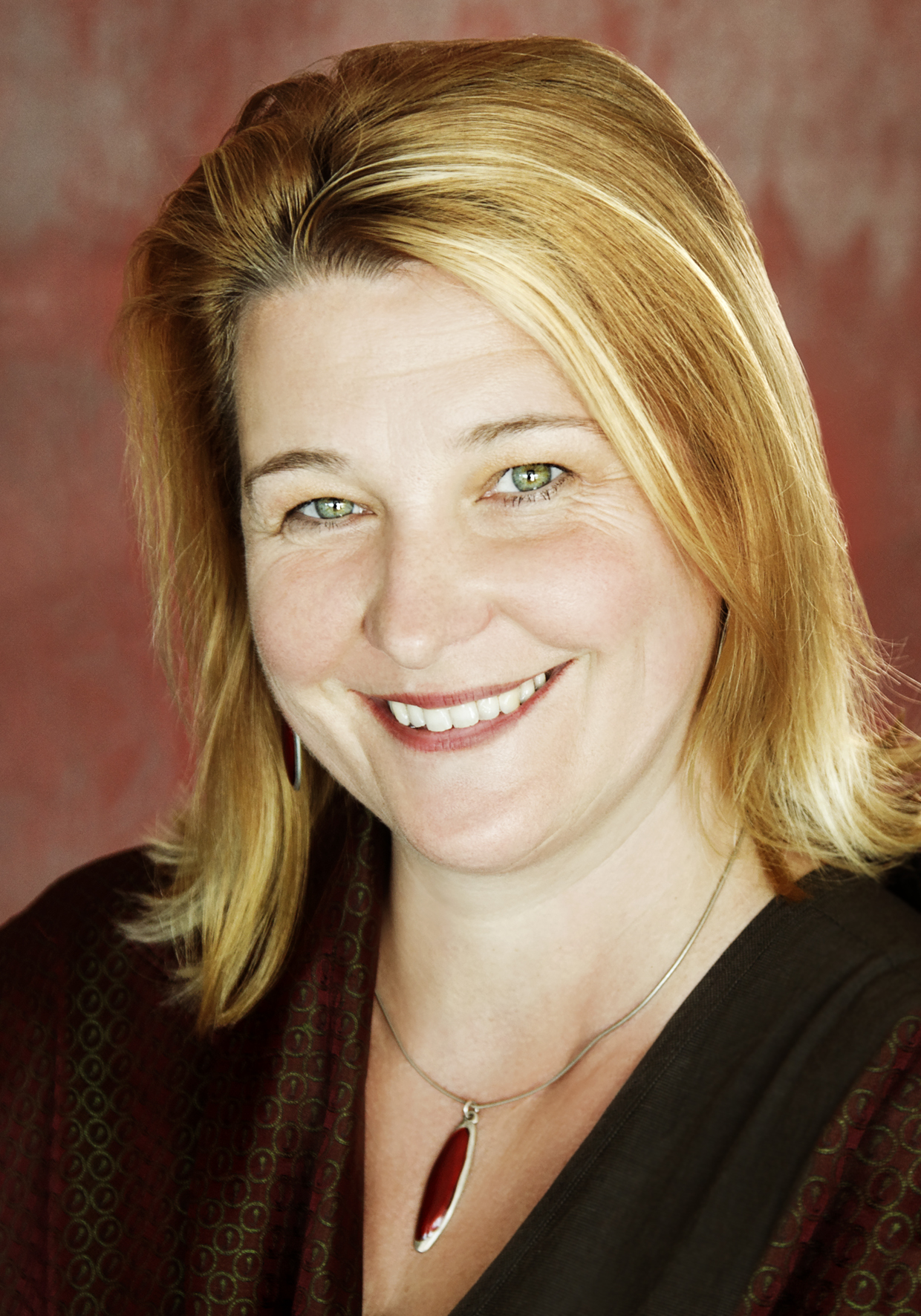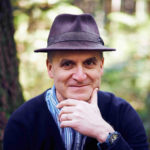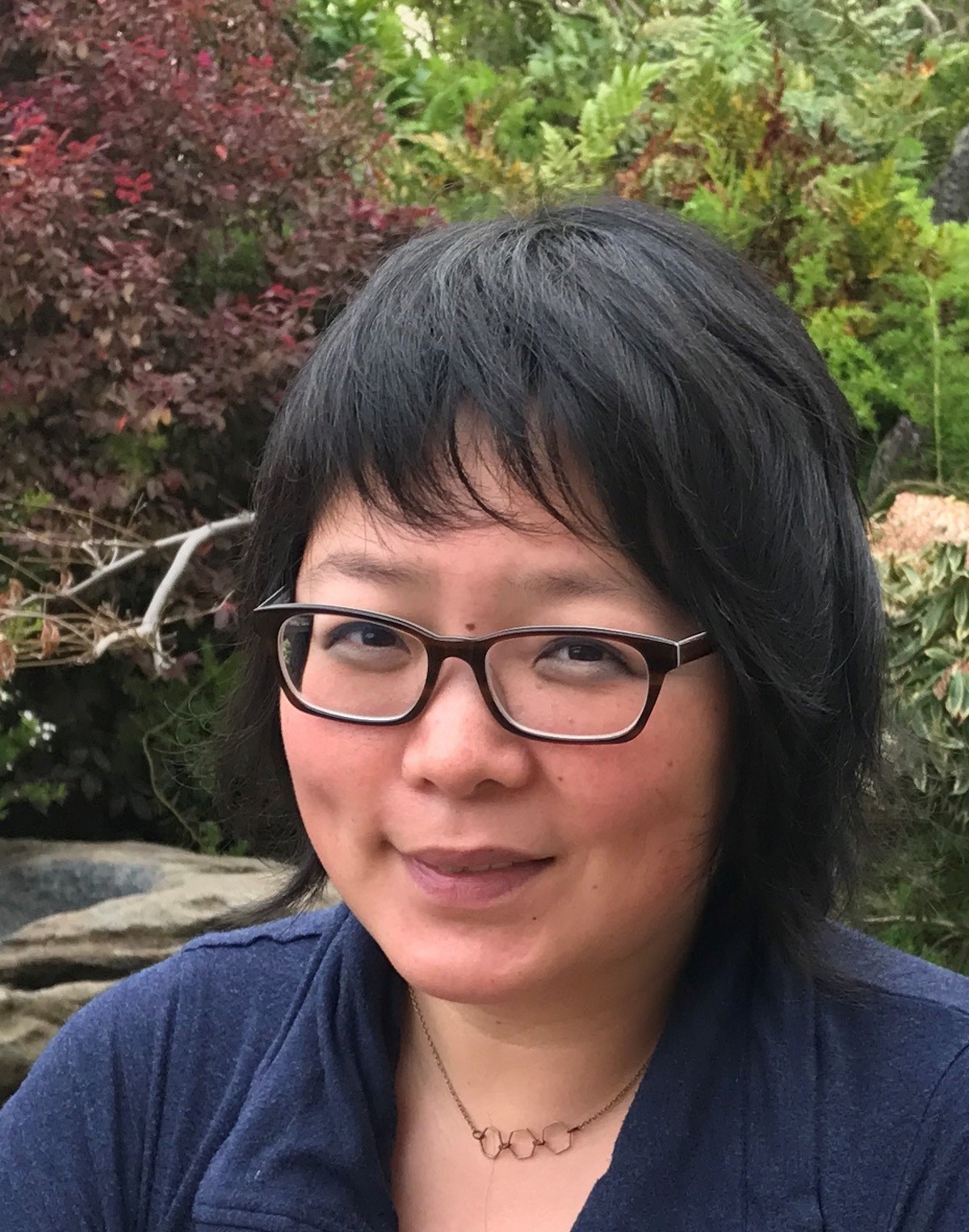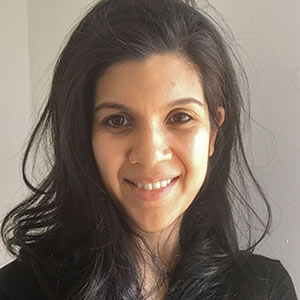The 2016 Mind and Life Summer Research Institute (MLSRI) will be devoted to the theme of context, and its relevance for basic mental processes as well as effects of contemplative practices. Findings from the cognitive and social sciences, humanities, and philosophy increasingly suggest that context shapes mind in fundamental ways. With regard to contemplative studies, practices that were once embedded within traditional religious cultures are now being widely disseminated across a variety of globalized, largely secular settings. Contextual factors impact the very course and outcome of these practices, and if not carefully considered, even well-intended efforts can lead to unsatisfactory or incomplete results.
Search results for:
neuroscience
Carol Worthman
Carol Worthman is the Samuel Candler Dobbs Professor of Anthropology at Emory University (Atlanta), where she also directs the Laboratory for Comparative Human Biology. After taking a dual undergraduate degree in biology and botany at Pomona College, Dr. Worthman took her PhD in biological anthropology at Harvard University, having also studied endocrinology at UCSD and …
2017 Summer Research Institute
The 2017 Mind & Life Summer Research Institute gives attention to scientific, humanistic and first-person contemplative perspectives on intersubjectivity and social connectivity. Plenary presentations, workshops and small group discussions explore interrelational human dynamics, including how we relate to ourselves and others, and to community and strangers. Faculty from across a multitude of disciplines present research findings on the meditative cultivation of pro-social emotions, intergroup dynamics, social and embodied cognition, cognitive ecology, implicit bias and social justice.
Michael Lifshitz
I am interested in the plasticity of human consciousness. My research investigates practices that aim to transform subjective experience—from meditation and hypnosis to placebos, prayer, and contemplative therapies. I work from an interdisciplinary perspective, combining cognitive, neurobiological, and phenomenological approaches to shed light on mechanisms of self-regulation in both health and pathology. I completed my …
Plasticity of the Social Brain: Effects of a One-year Mental Training Study on Social Connectedness, Compassion, Theory of Mind, Social Stress, and the Body
In the last decades, plasticity research has suggested that training of mental capacities such as attention, mindfulness and compassion is effective and leads to positive changes in socio-affective and cognitive functions. Tania Singer will show first results of the ReSource Project, a large-scale multi-methodological one-year secular mental training program in which participants were trained in …
Tania Singer
Tania Singer is a professor of social neuroscience and psychology and heads the Max Planck Society’s Social Neuroscience Lab in Berlin, Germany. After her PhD in psychology at the Max-Planck-Institute for Human Development in 2000, she worked at the Wellcome Centre for Imaging Neuroscience, at the Institute of Cognitive Neuroscience in London, and held the …
Evan Thompson
Evan Thompson is a writer and Professor of Philosophy at the University of British Columbia, where he is also an Associate Member of the Department of Asian Studies and the Department of Psychology (Cognitive Science). He works on the nature of the mind, the self, and human experience. His work combines cognitive science, philosophy of …
Helen Weng
Helen Y. Weng, Ph.D., is a clinical psychologist and neuroscientist, and her research focuses on the neural mechanisms of how meditation practices may improve social behavior and mental health. Her current work involves adapting research methodology to increase diverse representation in the neuroscience of meditation from a social justice perspective. This includes using community engagement …
Neurological Identities: Challenging the Brain as the Locus of Difference
As cognitive neuroscience steps up its focus on neurological distinctions between different ‘kinds of people,’ patient populations, cultural groups and social categories have begun to be understood in terms of brain-based differences. These differences are often articulated in terms of structural or functional differences, as visualized through neuroimaging techniques. In this talk, Suparna Choudhury will …
Continue reading “Neurological Identities: Challenging the Brain as the Locus of Difference”
Suparna Choudhury
Suparna Choudhury is Assistant Professor and Co-Director of the Culture, Mind & Brain Program at the Division of Social & Transcultural Psychiatry, McGill University, where she works on the adolescent brain at the intersection of anthropology and cognitive neuroscience. Trained originally as a neuroscientist, Suparna has worked as a researcher in London, Paris, Berlin, and …

